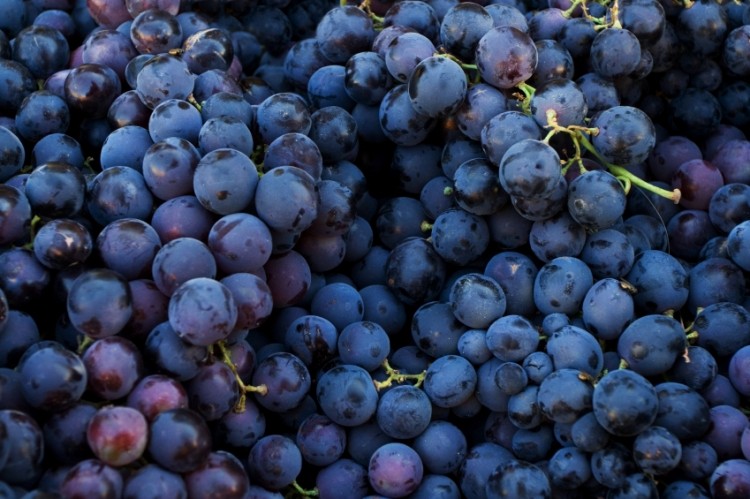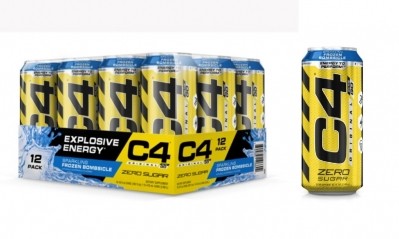Grape seed extract may reduce fatigue post-exercise, in mice at least

Compared to mice not supplemented with grape seed proanthocyanidin—which the researchers defined as the main component of grape seed with various studied pharmacological effects—supplemented mice had longer time to exhaustion in a swimming test.
“The mouse model of exhaustive exercise was established to assess the anti-fatigue effects of grape seed proanthocyanidin extract by forced swimming test and to illuminate its potential mechanism,” the researchers, affiliated with the Hunan University of Arts and Science and Hunan Normal University in China, wrote in their study.
It was published in June in the journal Food and Nutrition Research.
“These findings indicate that [the extract] is a natural and safe ingredient and dietary agent in excessive exercise-induced fatigue,” they posited.
Antioxidant activity
In addition to time to exhaustion, the researchers also analyzed several biomarkers to get a glimpse of the extract’s anti-fatigue mechanism, which has not been observed deeply.
“The purpose of this study was to study the relationship between [grape seed] and exhaustive exercise, and further clarify the possible protective effects of [grape seed] on fatigue,” they explained.
By examining the mice’s blood samples to determine oxidative stress, inflammatory response, and energy metabolism, they found that supplemented mice had significantly improved creatine phosphokinase and lactic dehydrogenase, which are enzymes produced by the body that have prominent positive correlation between the process of fatigue.
They also observed lowered lactic acid levels in exhaustive swimming—excess lactic acid has been linked to harmful effects on skeletal muscles during intense exercise.
Study design
Thirty-two male mice were randomly divided into four experimental groups, with eight mice per group, to receive either no extract, a low dose of extract (1 mg/kg per day), medium-dose of extract (50 mg/kg day), and high dose of extract (100 mg/kg per day).
The researchers reported that mice supplemented with the medium and high doses were “significantly relieved of exhaustive exercise-induced fatigue” based on their time to exhaustion.
Source: Food and Nutrition Research
Published online, DOI: https://doi.org/10.29219/fnr.v62.1421
“Grape seed proanthocyanidin extract supplementation affects exhaustive exercise-induced fatigue in mice”
Authors: Liau Xianchu, Liu Ming, Liu Xiangbin, Zheng Lan
















